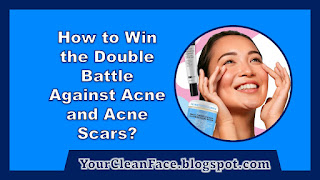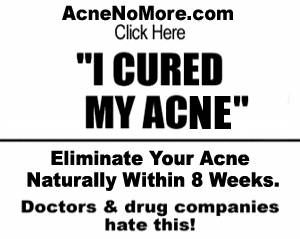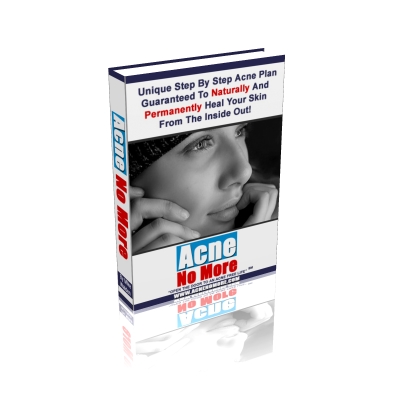Acne Care Tips and Effective Acne Scar Treatments
Just as a war has a post-war effect (on the completion of the war), acne healing is not the end of the story. It is the beginning of a new series of efforts to control the scars and, if possible, to obliterate them completely. This phase marks the reformation and rehabilitation process for that particular patch of skin.
While many people successfully restore their skin's original health without any permanent effects, others unfortunately have to endure disfiguring scars. Although topical skincare products and medications can yield some results, a comprehensive approach is required to find a lasting solution. In such cases, a combination of surgical procedures and skin resurfacing plays a vital role. There are no shortcuts or alternative options to this process.
Visit: Are You in Need of Acne Relief?
It is important to note that the hyperpigmented mark on the skin, which appears after the healing of an acne lesion, should not be mistaken for a scar. At this stage, the natural healing process has taken over, causing a post-inflammatory change. Nature operates at its own pace, so immediate results should not be expected. The scar-vanishing trick can take anywhere between 6 to 12 months. If the skin has not reverted to its original color even after this time, it is likely that a permanent scar has formed. In such cases, it is advisable to consult a dermatologist to discuss the options for permanent removal.
To expedite the healing process of scars, the following practices and medicines can be beneficial:
1. Acne Care: Protect Your Skin with Sunscreen
Wearing a good sunscreen is of utmost importance in scar prevention and healing. Sun exposure can cause damage to the skin and prolong the healing process. By shielding your skin from harmful UV rays, you facilitate the recovery of your skin and minimize the risk of further complications.
2. Effective Acne Scar Treatment: Medications for Skin Remodeling
Certain tried and tested medicines can aid in the skin's remodeling process and promote healing of post-inflammatory changes. One such medicine is Tretinoin (Retin A-Renova, Avita), which has shown positive results in scar reduction. It is essential to follow your dermatologist's guidance regarding the application and usage of these medications for optimal outcomes.
3. Promote Natural Healing: Avoid Picking Scabs
Under no circumstances should you pick scabs. Doing so interferes with the natural healing process and disrupts the skin's recovery. By refraining from picking scabs, you support the body's ability to repair itself and minimize the risk of scarring. Patience is key during this phase, as interfering with the healing process may lead to prolonged recovery and potential damage to the skin.
It is crucial to maintain realistic expectations regarding the results. Attempting to achieve the impossible can potentially harm the skin further. Each individual's treatment plan should be tailored to their specific needs, and your dermatologist is best equipped to determine the most suitable approach for you. Remember, effective treatment is always addressed on a case-by-case basis.
No doubt, experiencing the pains of recovering from acne and being left with scars is a double punishment. Scars serve as constant reminders and often invite questions from others. In the ultimate analysis, it is advisable to follow the advice and recommendations of your dermatologist.
Stop Getting Ripped Off! Learn the Shocking Truth About Acne, Drugs, Creams, and the Only Path to Lasting Acne Freedom...
To obtain the facts on exactly how to eliminate your acne from the root, 100% naturally and permanently, and achieve lasting clear skin without spending your hard-earned money on drugs and over-the-counter treatments, click the link below: [AcneNoMore.com]



















0 Comments